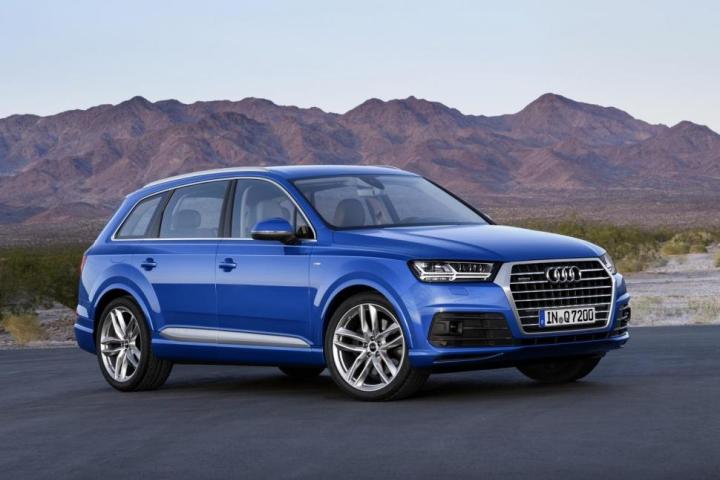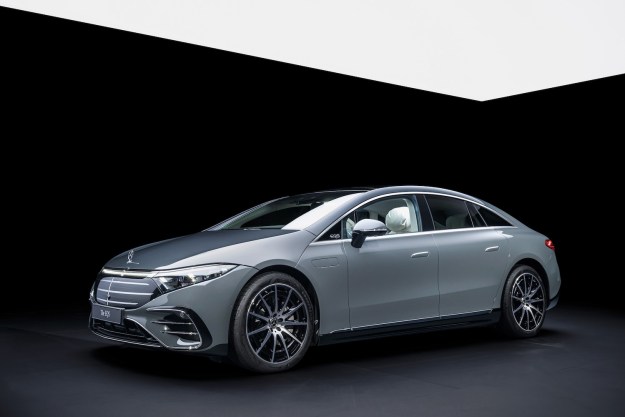
Speaking to Auto Express, Audi Technical Development Chief Dr. Ulrich Hackenberg confirmed that a more powerful version of the Q7 is coming, but it will reportedly be badged ‘SQ7.’
Dr. Hackenberg also shed some insight on the vehicle’s powertrain, which had been under lock and key until now.
With the SQ7, the sleek SUV continues to lean on diesel power and electric boost, as it will reportedly feature a compression-ignited V8 engine with the addition of ‘e-boost’ turbochargers. Power output and performance specs for the V8 were not divulged, but it’s a safe bet that Audi’s largest vehicle will have the get-up to match its girth.
The current range-topping Q7 offers a 3.0-liter TDI hybrid V6, which produces 373 horsepower and 516 pound-feet of torque, which allow the all-wheel drive people-carrier to hit 60 mph in 6.0 seconds.
Audi has experimented with e-boost turbocharging before, most notably on 2014’s RS5 TDI Concept.
The car utilized the twin-turbo, 3.0-liter diesel V6 from the A7 TDI, but added a third, electric charger the the mix. The advantage here is you have instant electric power off the line when the conventional, exhaust-driven turbines would still be waking up.
Combined output for the RS5 TDI was an impressive 385 hp and 553 lb-ft, the latter of which came on at just 1,250 rpm.
That power doesn’t just look great on paper; there are endless benefits when you have that much torque on demand: towing, effortless passing and on-ramp acceleration, and good old-fashioned excitement behind the wheel.
A diesel SUV with instant throttle response and razor-sharp power delivery? Audi’s Q7 could be more of a game-changer than we originally thought.
Editors' Recommendations
- The Ford Mustang could ditch its V8 and eventually go fully electric
- Audi’s stylish RS 7 Sportback returns with more tech, space, and power
- Audi TT will get the ax to make way for electric cars — and the R8 may be next


